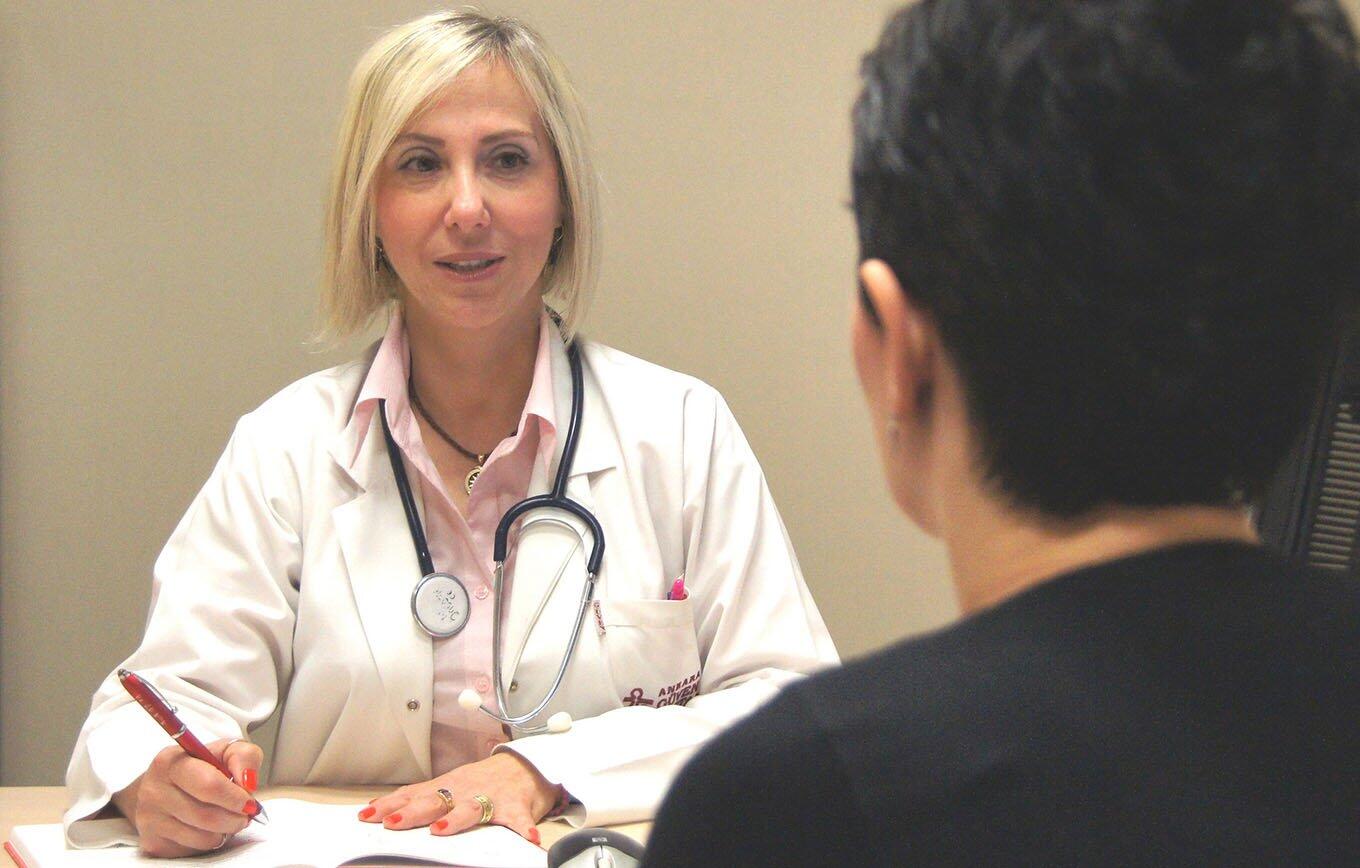ISTANBUL – Six European countries are embarking on a major initiative to strengthen health-sector capacities to identify and respond to gender-based violence, guided by materials developed by UNFPA’s Regional Office for Eastern Europe and Central Asia (EECARO) and Women Against Violence Europe (WAVE).
The resource and training package on ‘Strengthening Health System Responses to Gender-based Violence in Eastern Europe and Central Asia’ will be used in piloting a regional programme on capacity development of health professionals in Austria, Bulgaria, France, Germany, Italy, and Romania. The initiative, called IMPLEMENT, is part of the European Commission's Daphne Programme to prevent and combat violence against children, young people and women and to protect victims and groups at risk. It is funded by the European Commission through grants to national NGOs and institutions in each of the six participating European Union member states.
‘The use of this resource and training package outside the Eastern Europe and Central Asia region shows how relevant the package is,’ said Nigina Abaszade, EECARO Technical Adviser on gender issues. ‘We hope that experiences the European Union countries have in implementing it can in turn be useful in our region as well, including through partnerships between implementing institutions in the European Union and those in Eastern Europe and Central Asia.’
Gender-based violence against women and girls is one of the most widespread violations of human rights, with a significant impact on physical, psychological, sexual, and reproductive health. According to a recent study, 25.4 per cent of women in Europe and Central Asia have experienced physical or sexual violence by an intimate partner or sexual violence by a non-partner. Though the health sector is a critical entry point for identifying and assisting women and girl survivors, gender-based violence is still being addressed in many countries primarily as a law-enforcement concern, rather than a public-health issue.
The UNFPA-WAVE resource and training package offers service providers and decision-makers in the health sector and related fields both background information and practical tools for integrating the gender-based violence response within the health system; it focuses on creating referral pathways in healthcare as well as monitoring and evaluation. Overall, the package aims to provide healthcare professionals with evidence and tools to promote laws, policies, and programmes, with the overall aim of achieving a coordinated multi-sectorial response to gender-based violence, of which the health sector is an important part.
The package has already been introduced to countries across Eastern Europe and Central Asia and is being adapted and implemented by national partners supported by UNFPA.


